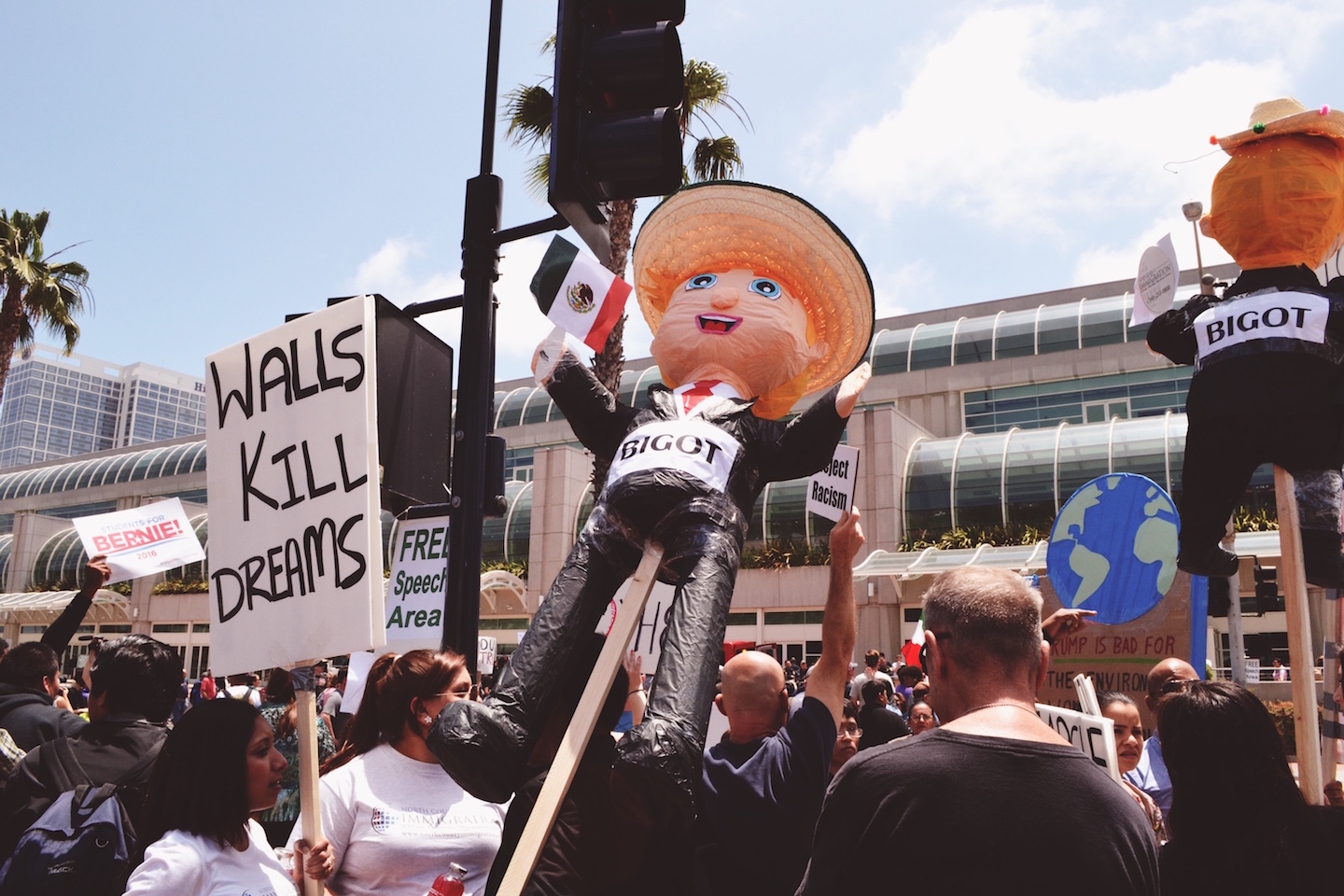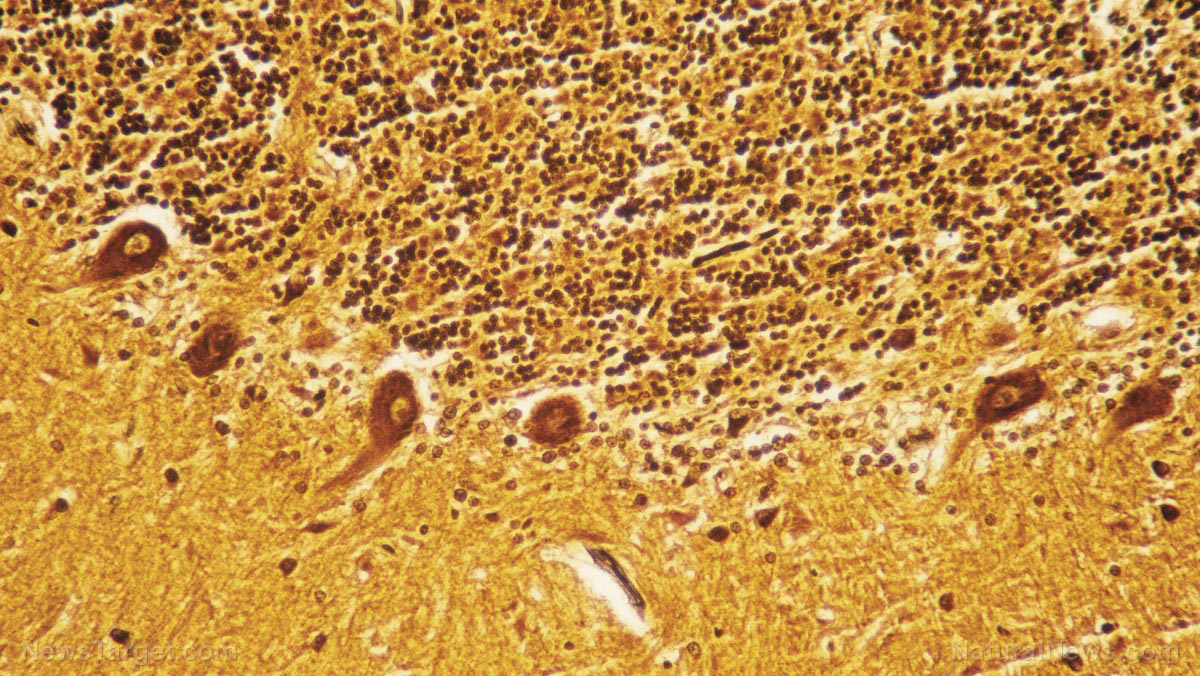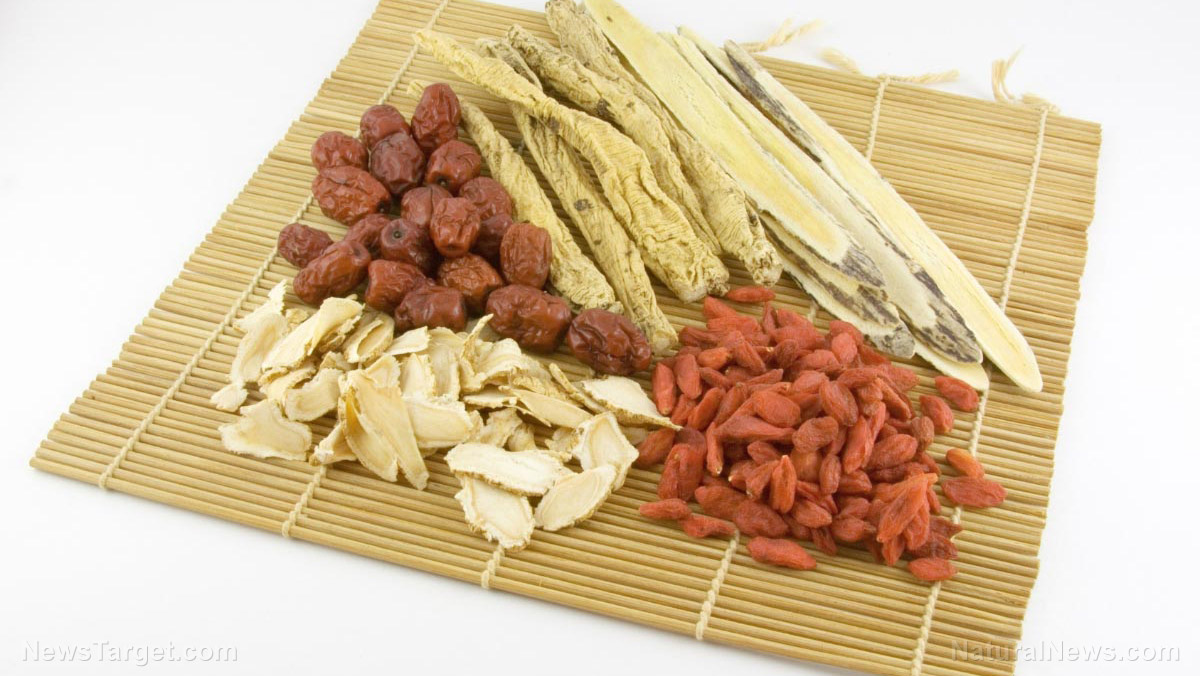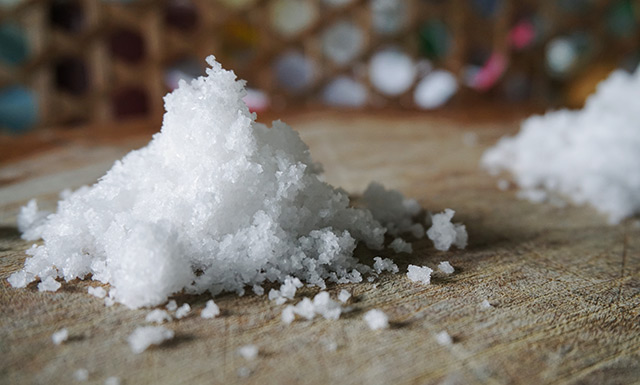California pet foods now going high-end, incorporating kale and quinoa into recipes
10/04/2017 / By Isabelle Z.
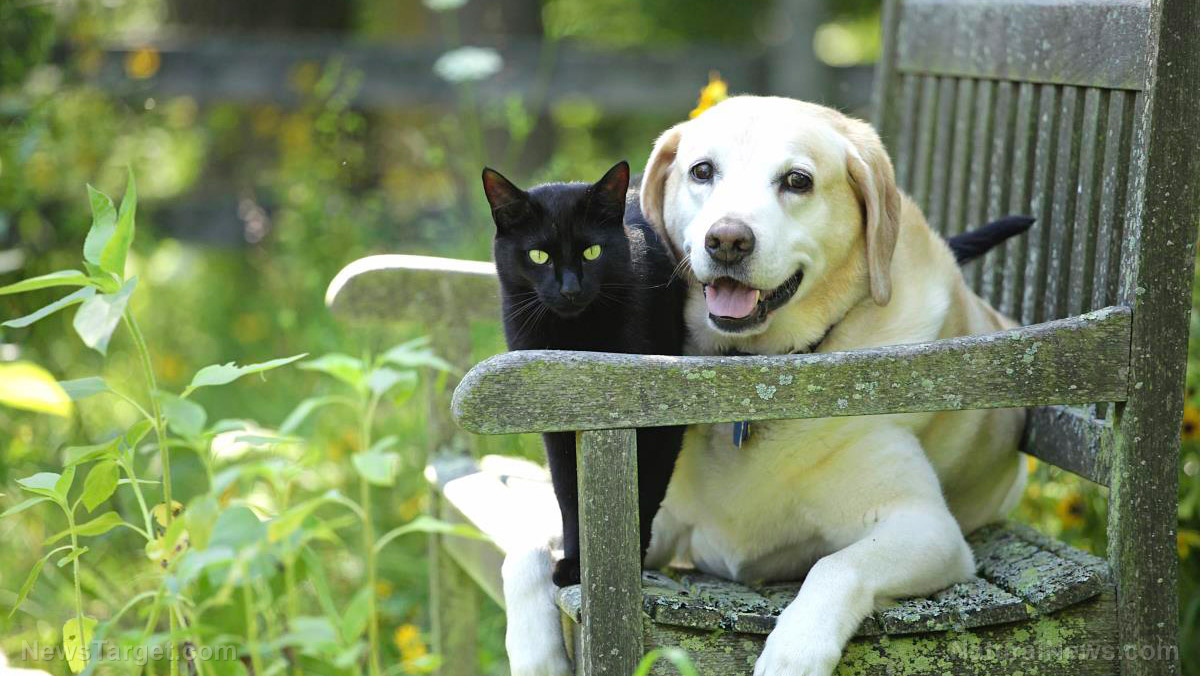
Many people consider their pet a full-fledged member of the family, providing it with the same level of care and love as they would a child. As people increasingly favor healthy food options, it’s only natural that this same philosophy is being extended to their pets in the form of premium pet food.
According to the American Pet Products Association, Americans will spend nearly $30 billion on pet food this year, a rise over last year’s figure of $28.23 billion. Part of this growth is being attributed to high-end dog food made of organic and minimally processed ingredients. Many of the same healthy ingredients that are becoming popular in human diets are also showing up more frequently in pet foods, such as turmeric, cardamom and coconut.
For example, Whole Life Pet’s “functional treats” are made using kale, Greek yogurt, and blueberries. They are freeze-dried to retain the nutrients that can be lost when cooked with high heat, and they’re made in small batches. They also have a salmon-based cat food that contains chia seeds for additional omega-3 oil and cranberries.
Pure Dog Food, meanwhile, creates treats with a minimalist ingredient list so pet owners know exactly what they’re getting. They purchase 100 percent human-grade ingredients from restaurant suppliers to make offerings like their chicken and quinoa bowls.
The Honest Kitchen of San Diego prides itself on tasting everything it creates for pets. With ingredients sourced from the human food chain, they assert that their pet foods are suitable for human consumption. Some of their offerings include grain-free cat food that uses free-range chicken along with flaxseed, eggs and vegetables. They also have a dog food product that uses whole food ingredients like cage-free duck and dried navy beans. A hemp powder product is currently in the pipeline, and their popular bone broth line is expected to be expanded to include a version with kale and lentils.
Organic pet food market expected to grow
According to a new report on the organic pet food market compiled by Research and Markets, the worldwide organic pet food market is expected to note a compound annual growth rate of between 8.5 and 9.5 percent from 2017 to 2023. North America is currently dominating the world market, but Europe’s market share is expected to note significant growth as well. Asia-Pacific, however, is predicted to have the fastest rate of growth during the period in question.
The report cites three main restraints that could be preventing even more growth: the high cost of raw materials, the lack of a proper supply chain, and the strict regulations for gaining organic certification. They identified grain-free organic pet food and emerging economies as areas that still have plenty of opportunities.
Pay attention to what you’re feeding your pets
When shopping for pet food, it’s important to do some research. Although a recent analysis of pet food and pet treats by CWC Labs found that most of them did not contain mercury, two products had alarmingly high levels. The Plato Salmon Strips Dog Treats and Thinkers Pacific Salmon Dog Treats had unusually high levels of mercury and arsenic. The package proudly claims they are GMO free and contain no by-products, but that only tells part of the story. There is no safe level of mercury and it should be avoided in every form by pets and humans alike.
Earlier this year, Party Animal issued a voluntary recall of its Cocolicious dog food after it was found to be contaminated with the pet euthanasia drug pentobarbital.
That’s why many people opt to make their own pet food and treats. If you’re interested in ensuring they only eat healthy, organic ingredients, making dog food and treats yourself might take some extra time, but it will give you peace of mind that they aren’t consuming any questionable fillers.
Sources for this article include:
Tagged Under: cat food, dog food, dog treats, kale, organic pet food, organics, Pet food, Quinoa



